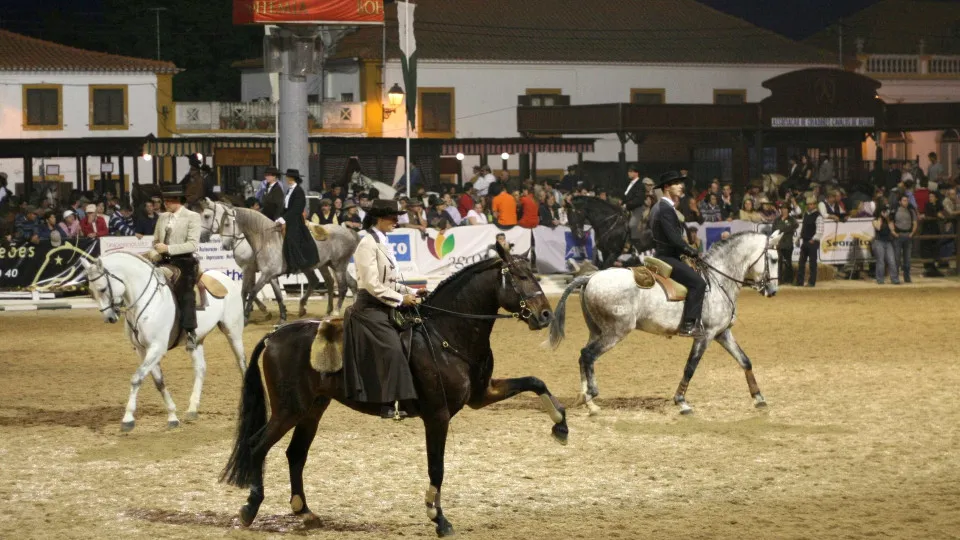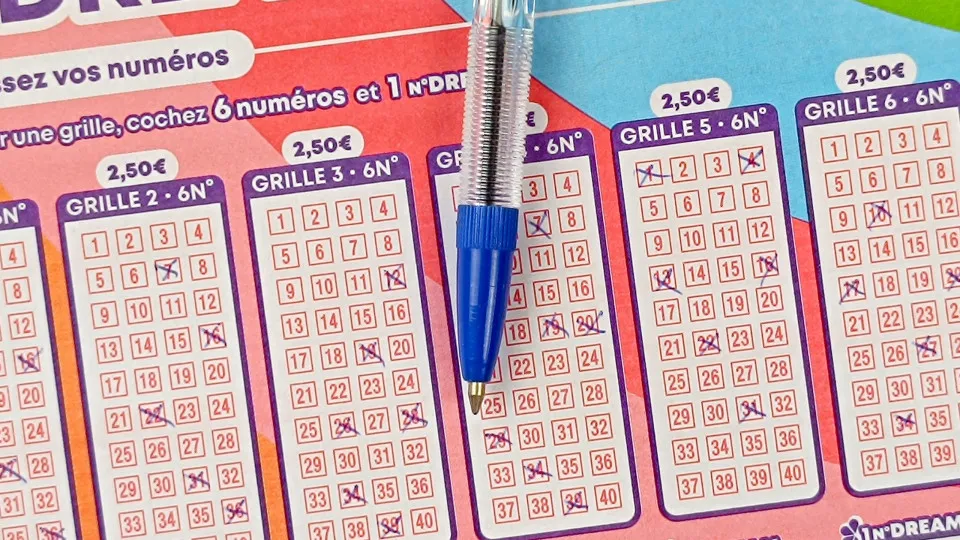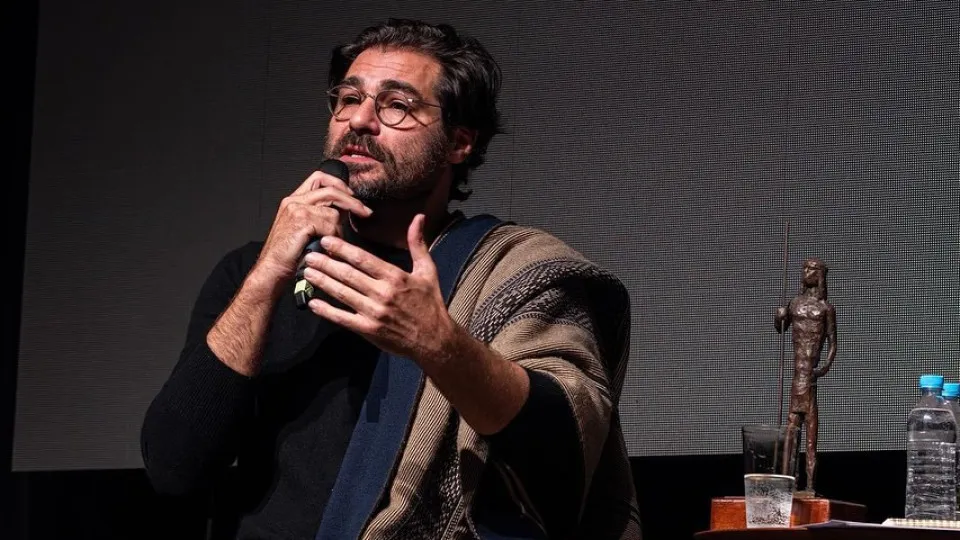
The application, presented today at the Horse Fair, was formally submitted to the Ministry of Culture in September and is currently under review. The process, which encompasses about two thousand pages, includes historical documentation, testimonies, and an extensive photographic collection dating back to the 19th century, explained José de Castro Canelas, the director of the National Horse Fair.
“It is a very rich and well-grounded application. We have documents from the fair’s establishment by King Sebastião, references to the Marquis of Pombal, competitions promoted by King Luís, as well as photographs and newspaper publications from the 19th and 20th centuries,” he stated.
The aim is for Portugal to prepare a bid for UNESCO recognition after national approval.
“Knowing other applications, this one is among the most comprehensive and merits a good ranking,” he emphasized.
The National Horse Fair, held over ten days in November, currently attracts around one million visitors to the village of Golegã, which has just over three thousand residents. During the event, approximately three thousand horses are present, all identified and adhering to animal welfare regulations.
“What distinguishes this fair is the connection to leisure. Unlike other equestrian gatherings, it is not just about sports competition. It is a pilgrimage, with traditional costumes, socializing, fado music, and gastronomy,” described José de Castro Canelas.
The application also highlights the significance of the Lusitano horse, considered the oldest saddle horse in the world and an “ambassador” for Portugal.
“It is an agricultural product for the national economy with considerable international projection,” he noted.
The origins of the Fair date back to 1571 when it was established by King Sebastião as a marketplace for horses. Over the centuries, the fair has evolved, becoming a venue for competitions and establishing itself as a reference in the breeding of Lusitano horses, the oldest saddle horse in the world.
In recent years, the fair has attracted visitors from all continents and strengthened internationalization efforts.
“For decades, we have been exporting horses to Spain and worldwide. Even the royal guard of Morocco was equipped with Lusitano horses,” he recalled.
Besides the fair, Golegã hosts the High Performance Equestrian Center and organizes more than 20 weekends annually with activities related to the sector.
“Expansion needs to be thought out and controlled, but there is capacity for growth,” he concluded.




